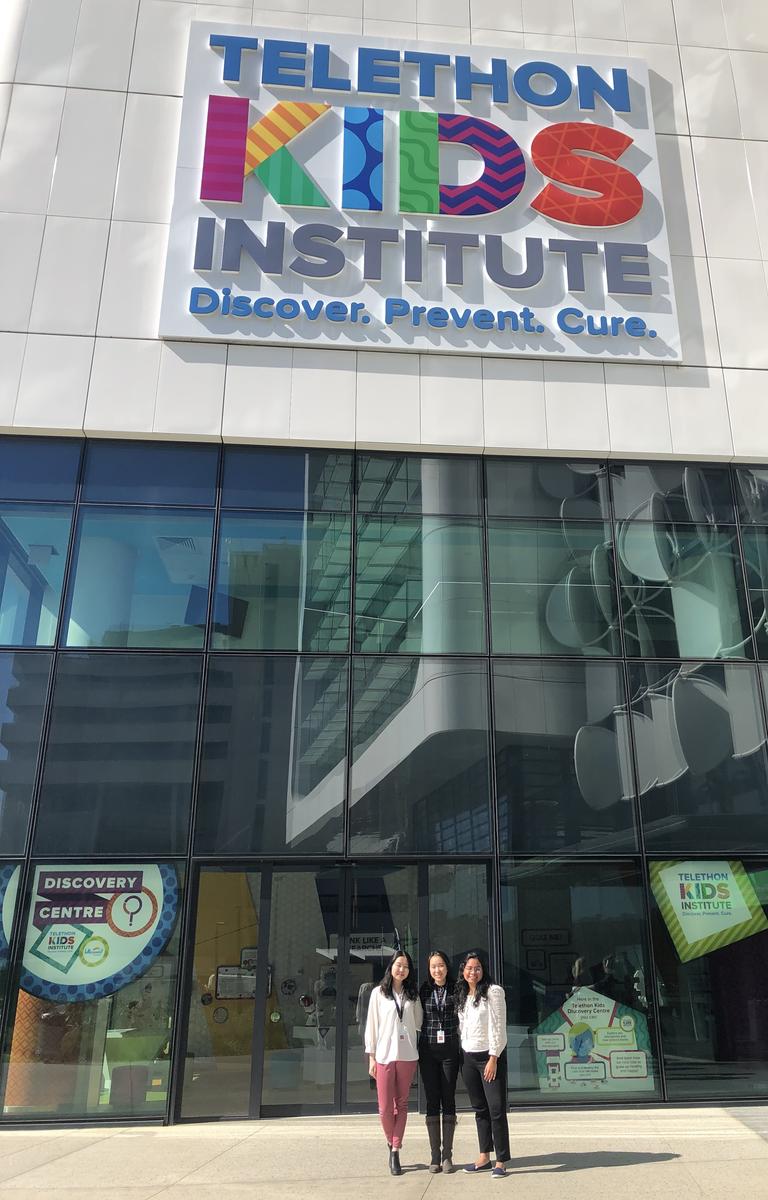Assessing Skin Conditions in Remote Aboriginal Communities

This summer, I had the opportunity of working in the Skin Team at Telethon Kids Institute (TKI), a medical research institute in Perth, Australia. Funded by the University’s Center for Health and Wellbeing, I worked on the SToP Trial, a clinical trial that aims to reduce the prevalence of impetigo (skin sores) and scabies in schoolchildren in remote Aboriginal communities. Standing for Seeing, Treating, and Preventing, the trial strives to achieve its objectives through school surveillance, off-license prescription of commercially available pharmaceutical products, and health promotion activities.
Involving nine communities arranged in four clusters in the Kimberley region of Western Australia, the trial launched in May 2019, and my internship, lasting from June to August, took place during the baseline surveillance period. I worked on various parts of the trial, from the early conception of new treatment designs to downstream metadata testing. A day’s work might include writing literature reviews to aid proposals to modify the trial design, constructing and testing surveys for capturing qualitative field observations, drafting protocols for identifying clinical adverse events, and transcribing interviews concerning the consent process for the trial.
I was also fortunate to accompany the team on one of the surveillance trips into the outback. We visited a community about 750 miles from Perth, where we conducted surveillance at the local school and screened children for skin infections. The country was beautiful and the children even more so—they were an absolute delight to talk to!
Even though it was officially winter in Perth, the temperature never dropped below 60 degrees during the day. On the weekends, I liked to explore the city, particularly visit the markets, walk around the quay, and café-hop.
Although I’ve been away from the bench this summer, I am grateful for this opportunity as the SToP Trial and Telethon Kids work in a clinical and translational space that isn’t readily found on campus. From office work to field visits, this experience has allowed me to realize the additional ethical and human implications that arise at the intersection of medicine and research.
